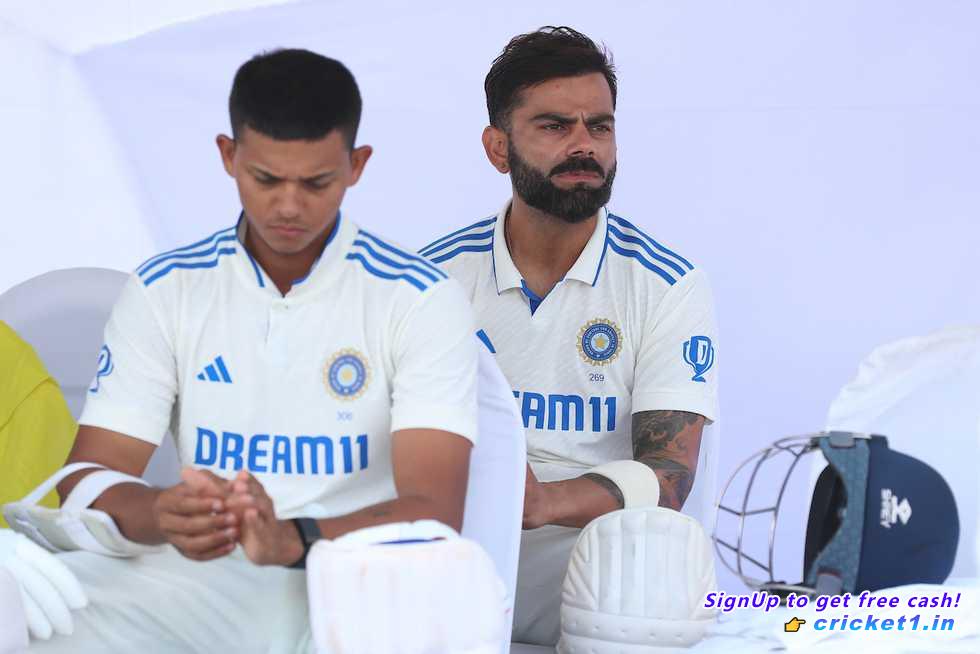
The cricketing world stands in amazement as India and New Zealand begin to digest the shocking outcome in Pune, where India’s formidable home record came crashing to an unexpected halt. Few would have predicted this result, as the visiting New Zealand team not only defeated India but also broke their monumental winning streak, something they hadn’t achieved since as far back as 1955. The gripping series witnessed a turning of the tides, as a team, once deemed underdogs, prevailed against all odds.
New Zealand’s victory narrative is even more compelling when one considers the tumultuous changes within the team. The Kiwis had recently faced a captaincy shift after a dispiriting 0-2 series loss to Sri Lanka. To make matters more challenging, they were without their star batsman, Kane Williamson, due to an injury. The odds were stacked against them as they faced an Indian side sitting atop the World Test Championship table and in the hunt for a consecutive appearance in the finals.
For those who delight in ranking cricketing upsets, this feat of New Zealand would undeniably vie for the top position. Captain Tom Latham’s struggle for words post-victory mirrored the world’s sentiment – what unfolded on the pitch was truly extraordinary. A week prior, Latham had shared a cheery admission about India’s tactical error in Bengaluru, batting first, which had then given New Zealand an upper hand. In that encounter, his pacers dismantled India’s batting lineup, grasping their lowest-ever Test score on home soil. What’s more striking was a budding batsman finding his stride against India’s seasoned spin attack. New Zealand’s performance in Bengaluru alone deserved to be etched in their lore of significant overseas wins.
Yet, Pune added another layer to their triumph. This pitch promised spin from the very first ball, providing conditions radically different from Bengaluru’s relatively amicable environment. Despite New Zealand’s spinners having a fraction of the experience that Ashwin and Jadeja possessed, Mitchell Santner bowled seamlessly past them in both innings. The Kiwis’ batsmen, showcasing a range of innovative strokes, managed to unsettle their Indian counterparts, while Santner’s consistency with pace and line proved more impactful than India’s elite spinners. Latham yet again capitalized at the toss, orchestrating what many would call a masterclass in tactical superiority. If Bengaluru was significant in New Zealand’s annals, Pune was monumental.
While the conclusion of the Pune Test might not have mirrored the cinematic climax experienced by India at the Gabba, the magnitude of the accomplishment was just as noteworthy.
. New Zealand seems to have developed a recurring ability to outdo India at pivotal junctures. Whether it was the World Cup semifinal in 2019 or the World Test Championship final in 2021, this New Zealand team, now amidst its own transition, appears to thrive in moments that define legacies. This recent triumph might well be the catalyst that propels a new generation of cricketing greats in New Zealand.
Conversely, the Indian squad faces a period of introspection. Questions loom over their seasoned players. Neither Virat Kohli nor Rohit Sharma managed to make noteworthy contributions apart from a couple of half-centuries in Bengaluru. Ashwin, usually a reliable performer at home, had an uncharacteristically poor series, shadowed by the emergence of Washington Sundar. India, too, is a team evolving, as evidenced by having lost four home Tests over the past two years. The advent of result-oriented pitches in the WTC era has, to some extent, narrowed the gaps between India and other international teams. But gradually, the aura surrounding India’s invincibility at home has diminished.
In the aftermath of the Pune Test, skipper Rohit Sharma adopted a cautious approach, taking a moment to defend his team amidst its downturn. “Out of the 54 Test matches, we have won 42 test matches. That’s nearly 80% of the Test matches we have won. So, there are more good things that have happened than the bad things…” Sharma’s comments underscore a resolve to maintain equipoise despite the upset. He highlighted India’s extraordinary run over the past decade and emphasized that the recent loss, while disappointing, should not overshadow the team’s past achievements.
Twice in as many Tests, Rohit has had to project serenity in the face of adversity while addressing the media. With their squad announced for the impending tour of Australia, India faces a daunting task. To secure a place in the WTC final without dependencies, they must achieve a monumental feat: winning at least four out of the five games. This sets the stage for India’s upcoming challenge, a test of character and skill, amplified by the sweeping turn of events witnessed in Pune.

